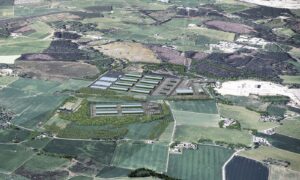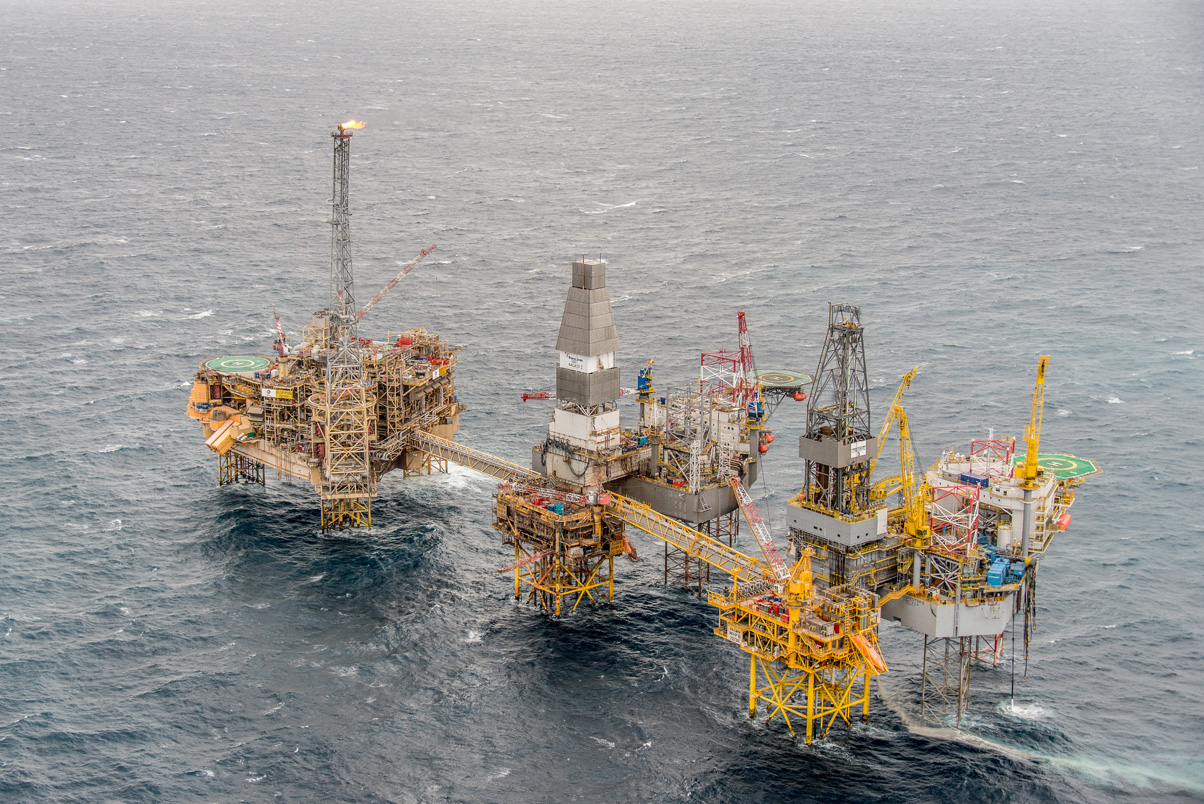Implementing the engineering Capital Value Process (CVP) in South Wales means that while the feasibility study work is in progress, it is impossible to present a holistic picture of what the most likely portfolio of SWIC Deployment solutions might look like.
However, as project lead, Costain is working to facilitate communication between the partners and enable synergies to be identified.
As the programme progresses, completion of the individual feasibility studies will provide the building blocks needed to develop the overall picture and plan. By taking this approach, SWIC will have a greater opportunity to identify and implement the portfolio of solutions that could be combined to reduce the emissions within the entire industrial cluster and beyond.
A key element of the Government’s net zero ambition is the creation of economic benefit and the aim of securing 250,000 green jobs. Such a move is critical in ensuring political and public support for net zero.
The disruption of energy markets in the past year has shown the complexity of the challenge and the unpredictability of the energy landscape. To tackle this there is a clear incentive to be had in driving positive outcomes from the net zero race. The UK’s leading role in practical steps, such as the Ten Point Plan and the subsequent strategies, have made the case that the country could benefit significantly.
The energy transition will rewrite the geopolitics of hydrocarbons. Those countries that can get in early and establish themselves, both in terms of acquiring skills and in the movement of resources, will stand to gain more than latecomers.
Industrial clusters are at the heart of this new drive. They will require new ways of thinking, setting new tests of collaboration between companies and political bodies.
Protecting future generations
SWIC focuses on building a relationship between industry and two regional city deals. Wales’ southeast includes 10 local authorities, with another four in the southwest.
SWIC also has links to the devolved government in Cardiff, providing a means of liaising with industry and new partners. Keeping all sides connected and up to date with plans and progress is a critical means of ensuring agreement and collaboration.
The drive for decarbonisation must be balanced with the need for energy security. This applies to both availability and prices. Success would see South Wales taking a lead role in the drive to net zero, with synergies bringing in new companies. Major industries are in a race to decarbonise.
Regions that can offer these opportunities are better placed to win new investments over regions that cannot. Wales has taken an important step in this direction through its declaration of a climate emergency, which demonstrated early political will and belief in the need to transition.
The country passed the Well-being of Future Generations (Wales) Act 2015, which requires public bodies to consider the long-term impact of decisions. This focuses on various and interlinked issues including poverty and health, in addition to climate change.
Wales also appointed a Future Generations Commissioner in 2016, with Sophie Howe taking the world’s first official role working across sectors to deliver change. SWIC and Costain are working closely with Howe on the challenge of synergistic change.
One example of how Wales is working to identify and support future leaders is in the creation of the Future Generations Leadership Academy.
The scheme supports young people with opportunities to learn and enhance their leadership skills. Costain decarbonisation consultant Manuel Cortés Moreno is a participant in the 2021-22 cohort.
Manuel said “The future of the energy industry is bright yet challenging. Those within the industry will be responsible for delivering the energy transition, as well as meeting the increasing energy demand from a growing global population.”
Existing jobs and new opportunities
For the transition to net zero to succeed, the process must create new jobs and business growth. Clean industries can join legacy players, who are having to adapt and change to be fit for purpose in this new era.
In addition to making the domestic political case, the companies at work in SWIC – and other clusters – are often global in nature. As such, any proposed project must be globally competitive to secure capital allocation from the group level. Part of the cluster challenge, therefore, is to create the right environment to encourage industries to set up in the area and commit to new projects.
The challenge lies in attracting long-term investment. Companies tend to focus on a timeline in the three to five year range. The push to decarbonisation is much longer term, in the 10-20 years, or more. To secure the long-term commitments needed, companies must have faith that policies will continue to support their investments.
SWIC aims to help bridge the gap between industry and policymakers. Often, industry and politicians misunderstand each other, despite a desire from both parties to make progress. Bringing together disparate interests all focused on the same long-term goal provides an important forum for finding a joint way forward.
Companies are also increasingly aware of reputational risks and allegations of greenwashing. A commitment to build new energy transition facilities and create new, well-paying jobs is the best way for investors to navigate the difficulties of the changing landscape.
The role of academia
The University of South Wales provides support to the SWIC project. This institution is continually scanning new technologies and methods to future proof the project – to secure a technological advantage wherever possible.
Local research centres also have a part to play. The Hydrogen R&D Centre at Port Talbot and Gas Turbine Research Centre at Cardiff University both fall within the SWIC region.
This scientific research and knowledge base can go some way to resolving some of the uncertainties that industry, business leaders and consumers may have around the concept of the cluster.
They provide a holistic view of decarbonisation that differentiates what SWIC is doing. Their presence also helps establish a pipeline of new workers, who are enthused about the prospect of both helping decarbonise industry and gaining a well-paid career.
From the outset, SWIC had ambitions to create sustainable skills and highly paid aspirational jobs that could be a catalyst to transform Wales, socially and economically. By taking control of decarbonisation, it is within Wales’s power to ensure the outcomes achieve its aims to deliver a lasting legacy for the future generations.
Conclusion: Shaping the way forward
The UK faces a momentous task in meeting its net zero commitments.
It is evident that, to achieve these goals, much must change. At the same time, the essential task of the energy industry – allowing the economy to continue turning, while keeping people warm and safe – must continue.
There are clearly technical challenges that must be overcome, but to allow this to take place requires support from across a variety of sectors and industries.
The capital value process (CVP) offers the best route to achieving this goal. This process sets out a clear vision of steps and periodic assessments. Such a move offers a chance to map progress and assess against the long-term vision of cutting emissions. The engineering mindset can be deployed on a range of scales, from the micro to macro, and considers the system as a whole.
To scale up any of the solutions developed at regional level, there will need to be plans to link together these success stories and drive change at a national level. Some evidence of systems planning is coming together in the clusters but as the UK presses onwards with its plans, there is a clear need for an overarching systems integrator at a national level.
Stitching together the various needs and drivers of the UK’s energy transition into one vision will be complex and will require substantial flexibility of outlook. A system design should leave options open in order that it be as inclusive as possible, capable of accepting different inputs and outputs.
Responding to the changes at pace
Demand for change is not just coming from the government, though. Companies are increasingly making Net Zero pledges – and will have to start showing how they will deliver on them.
Social licence to operate, to ensure communities, stakeholders and political interests understand the process, will be critical in delivering these ambitious goals.
Reaching Net Zero is the UK – and the world’s – best shot at tackling climate change. But the steps towards this solution must be palatable. Providing new employment opportunities and easing the transition from those in hydrocarbon-linked industries will be an essential part of such a shift.
These new technologies and concepts could go to providing employment and commercial opportunities to UK companies. Get it right at home and companies will be able to export knowledge and goods around the world – possibly including new commodities such as low-carbon hydrogen and CO2.
To get there, the government will have to take some tough decisions and commit political capital to delivering on its ambitions. If it gets it right, though, the UK could seize the opportunity to take a leading role in providing the tools of net zero to the world.









